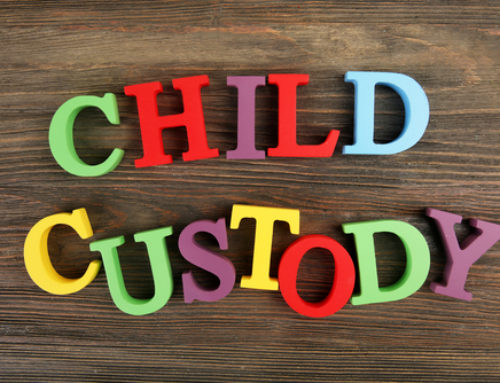 As a divorcing parent, you may have heard that the court will determine what’s in “the child’s best interests” when deciding on custody arrangements. Although this sounds ideal, it’s a very vague phrase. What does it even mean? Here’s more about “the child’s best interests” and what that phrase means in a Texas court.
As a divorcing parent, you may have heard that the court will determine what’s in “the child’s best interests” when deciding on custody arrangements. Although this sounds ideal, it’s a very vague phrase. What does it even mean? Here’s more about “the child’s best interests” and what that phrase means in a Texas court.
What Does “The Child’s Best Interests” Mean?
When a Texas judge is trying to decide what is in the best interest of a child, he or she takes several factors into consideration. The judge will consider the:
- Emotional and physical needs of the child,
- Ability of each parent to care for the child,
- Stability of each parent and the home he or she provides, and
- Future plans each parent has for the child.
The judge may also consider any past incidents where the child has been harmed at the hands of or while in the care of one of the parents. In cases where the child is 12-years-old or older, the judge may also take into account the child’s opinion or preference regarding residence. Although the judge investigates each case to ensure the safety and wellbeing of the child, the court’s main goal is for the child to have relationships with both parents if appropriate. The state firmly believes that children benefit from having healthy relationships with both parents.
What Specifically Does the Judge Decide?
The judge considers “the child’s best interests” to determine the responsibilities of each parent and the best living arrangements for the child. At this time, the judge must decide which parents have possession and conservatorship. Possession means the child will stay with you for a period of time, and conservatorship means that you are able to make decisions regarding the health and wellbeing of your child.
With both possession and conservatorship, the judge may decide for either one or both parents to be a sole conservator, or joint conservators. If only one parent makes decisions regarding the health and wellbeing of your child, he or she is referred to as the sole conservator. However, if both parents make decisions regarding the health and wellbeing of your child, they are called joint conservators.
Ask Us Your Texas Custody Questions
At Alsandor Law Firm, we are happy to answer any questions you may have about the custody process in Texas and how it may impact you. Give us a call today at (713) 661-9783 to speak with one of our experienced attorneys or schedule an in-person meeting. You can also contact us online.




